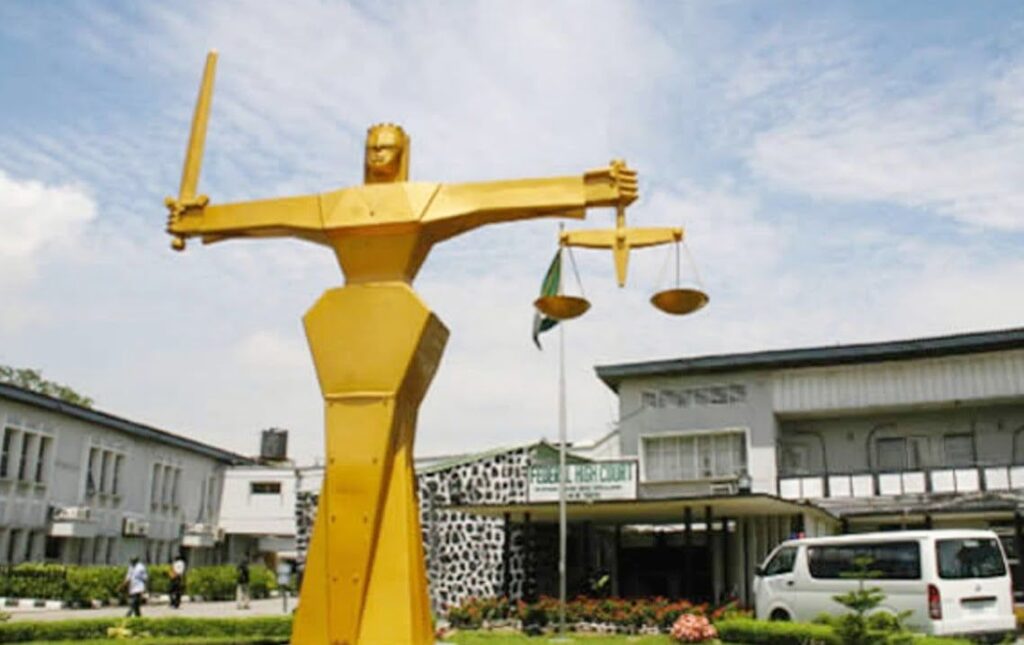An Ondo State High Court sitting in Ikare-Akoko has dismissed a suit challenging the appointment of Oba Yaya Olawale Obaniyi of the Oyagi Ruling House as the Oludaja of Daja, Ajowa-Akoko, in Akoko Northwest Local Government Area of the state.
In a judgment delivered by Justice Femi Akinbinu, the court affirmed Obaniyi’s appointment, thereby settling the long-standing dispute over the rightful occupant of the Oludaja stool, which became vacant following the death of the former monarch, Oba Julius Kehinde Alabi Olodowa, several years ago.
The suit was filed by members of the Ibowe Clan of the Oyagi Ruling House—Prince Obawumi Obadun, Moshood Obadun, and Kayode Alaremu—who challenged Obaniyi’s elevation to the throne. The claimants, through their counsel, Mr. Femi Emadamori, sued Obaniyi alongside the Akoko Northwest Local Government Council, the Commissioner for Local Government and Chieftaincy Affairs, the Attorney General and Commissioner for Justice, and the State Executive Council.
Obaniyi was appointed Shaba of Daja in 1997, in line with the Morgan Chieftaincy Declaration. Under the customs and traditions of Daja, the Shaba is automatically elevated to the position of Oludaja upon the passing of the reigning monarch.
The claimants, however, asked the court to nullify Obaniyi’s appointment and revoke his staff of office, arguing that under the native law, tradition, and the relevant chieftaincy declaration, only the Ibowe Clan has the exclusive right to produce the Oludaja of Daja.
They contended that Obaniyi, being from the Ihoko Clan of the Oyagi Ruling House, was neither entitled nor eligible to be appointed Oludaja.
In his ruling, Justice Akinbinu held that Obaniyi, the counter-claimant in the suit, had presented convincing documentary evidence to establish that he was duly appointed as Shaba in 1997. The court noted that the claim by the Ibowe Clan that one Chief S.O. Alaremu was the rightful Shaba was unsubstantiated and unsupported by any evidence.
Justice Akinbinu emphasized that in civil matters, the burden of proof is determined by the preponderance of evidence. He stated that Obaniyi had clearly discharged this burden with cogent and credible documents, thereby establishing his legitimacy.
The court also ruled that even if Obaniyi’s appointment as Shaba in 1997 had been flawed, the plaintiffs’ failure to challenge it for over two decades rendered the suit statute-barred under the Limitation Law.
Justice Akinbinu concluded that, as all parties and available documents agreed that succession in Daja is by promotion—where the Shaba from the other ruling house becomes Oludaja—Obaniyi, having been validly appointed Shaba and having outlived the late Oba Olodowa, automatically succeeded as Oludaja.
He held that Obaniyi was properly entitled to be installed and to receive the certificate and staff of office from the State Executive Council.
Reacting to the judgment, Oba Obaniyi called on his co-contestants to lay down their grievances and work with him for the progress and development of the town.
“Our community’s development should be our collective priority, not endless litigation,” he stated.














